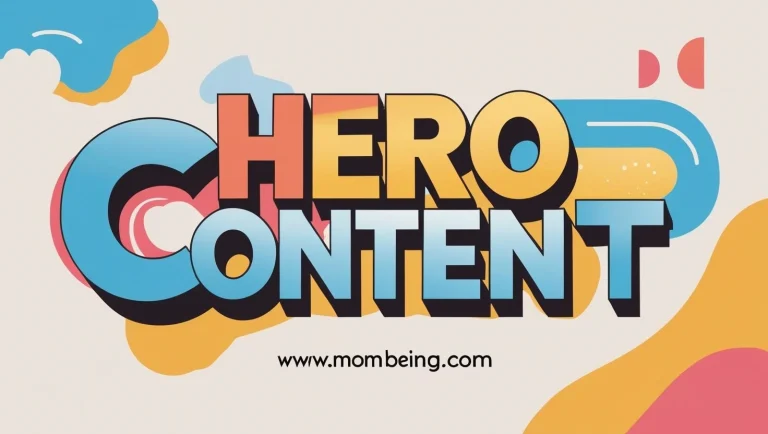Guidelines for Health Content Writing
In an era saturated with misinformation, the responsibility of medical writers to produce credible health content has never been greater. Health information influences critical decisions from medication choices to lifestyle changes and inaccurate or misleading material can have serious consequences. Therefore, adhering to a rigorous set of best practices is essential for any medical writer committed to creating trustworthy content.
An Important Information Regarding Right Health Content
On social media, some influencers have promoted unproven “natural cures” for life-threatening illnesses such as cancer and users have turned away from evidence-based treatments. As highlighted during the American Society of Clinical Oncology’s meeting, cases were reported where patients delayed or rejected scientifically validated therapies in favor of radical diets, essential oils, or vitamin infusions, only to return with incurable disease or pass away. Experts like Dr. Julie Gralow and Professor Stephen Powis warned that misled patients contributed to avoidable deaths. The root cause? Low-quality content, sensationalism, and misinformation shared without proper credentials or sourcing.
In the digital age, health information is abundant but not all of it is reliable. Patients need accurate, scientifically grounded content, not catchy headlines or viral wellness trends. That’s where specialist health and medical writers make all the difference. As seen in recent oncology reports, misinformation on platforms like TikTok can lead patients to abandon proven treatments sometimes with tragic results. By working with writers who have formal medical training or collaborate closely with clinicians, organizations can ensure their content is evidence-based, context-rich, and ethical. Specialist health writers bring both accuracy and empathy, translating complex research into clear language that builds trust and ultimately helps protect patient lives and support informed decisions.
Rely on Peer-Reviewed, Authoritative Sources
The foundation of any reliable health article is the quality of its sources. Medical writers must prioritize information from peer-reviewed journals, official guidelines from organizations such as the World Health Organization (WHO), Centers for Disease Control and Prevention (CDC), or reputable academic institutions. Websites ending in .gov, .edu, or recognized medical societies (.org) typically maintain stringent publication standards and should be preferred over commercially driven sites. Moreover, writers should avoid citing single studies without context; robust evidence often emerges from meta-analyses or systematic reviews.
Maintain Transparency and Cite Appropriately
Clear, transparent sourcing is non-negotiable. Writers should not only gather information from credible references but must also attribute facts and statistics explicitly. Citing primary sources instead of secondary summaries enhances both the article’s authority and the reader’s trust. Additionally, content should disclose any conflicts of interest if discussing specific treatments, pharmaceuticals, or medical devices. Transparency in intent and funding, when relevant, reinforces the article’s credibility.
Uphold Scientific Accuracy Without Inducing Alarm
Medical writers walk a fine line between creating accessible content and preserving scientific integrity. Oversimplifying complex conditions can lead to misinterpretation, while sensationalizing risks may create unnecessary panic. Writers should strive for precision, carefully distinguishing between causation and correlation and accurately reflecting the strength of scientific findings. Where uncertainty exists, it must be acknowledged rather than smoothed over for the sake of narrative clarity.
Understand Regulatory Guidelines
Compliance with medical writing regulations is not optional. For writers producing promotional or educational material for healthcare organizations, familiarity with regulations from bodies like the FDA (for the United States), MHRA (for the United Kingdom), or equivalent national agencies is crucial. These rules govern claims about therapeutic efficacy, side effects, and approved indications. Adhering to ethical frameworks such as the Health On the Net (HON) Code further ensures that digital health content meets internationally recognized standards for reliability.
Prioritize Inclusivity and Cultural Sensitivity
Health information must be relatable and respectful across diverse populations. Medical writers should avoid medical jargon unless absolutely necessary and provide definitions for specialized terms. Sensitivity to cultural, racial, and gender differences in health outcomes and access is critical. Inclusive writing not only broadens the reach of health communication but also fosters trust among historically underserved groups.
Fact-Check Relentlessly
Even minor inaccuracies can erode the credibility of an entire piece. Professional medical writers must fact-check every statement, statistic, and recommendation against up-to-date, verifiable sources. Cross-referencing multiple authoritative resources is a practical strategy to confirm validity. Additionally, writers should be aware of rapidly changing medical landscapes particularly in areas like infectious diseases, oncology, and public health — and ensure that all information is current.
Engage Expert Review
Involving subject matter experts (SMEs) in the editorial process is a hallmark of top-tier medical content. SMEs such as practicing physicians, clinical researchers, or certified specialists — can verify the accuracy, relevancy, and tone of health information. Their insights ensure that the content not only reads well but also aligns with real-world clinical practice.
Final Thoughts
Creating trustworthy health content demands more than basic research skills or a flair for clear writing. It requires a disciplined commitment to evidence-based reporting, regulatory compliance, cultural awareness, and ethical integrity. In a landscape flooded with questionable health claims, professional medical writers play a pivotal role in guiding readers toward accurate, reliable information a responsibility that must be embraced with seriousness and precision.






